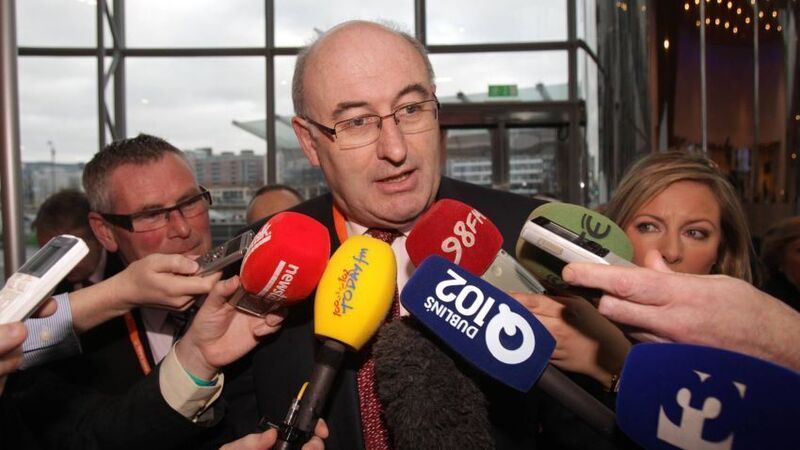Local democracy exits stage left without a whimper of protest

The Minister is right, it is radical and it will cause a huge amount of change, particularly at local level. But the jury really is out on whether it will be radical in a way that matters to people at a local level.
The huge surprise here is that this reform has been proposed and introduced with barely a whimper. The relative indifference is all the more stark when compared to the brouhaha there was when the Government attempted to get rid of the Seanad, which many argued then, was an irrelevant institution. At that time we had a full debate and the coming together of high profile individuals in society to argue for and against, with wall to wall media coverage. When the people voted down the Seanad proposal, no one could have said there had not been enough discussion on the topic.















